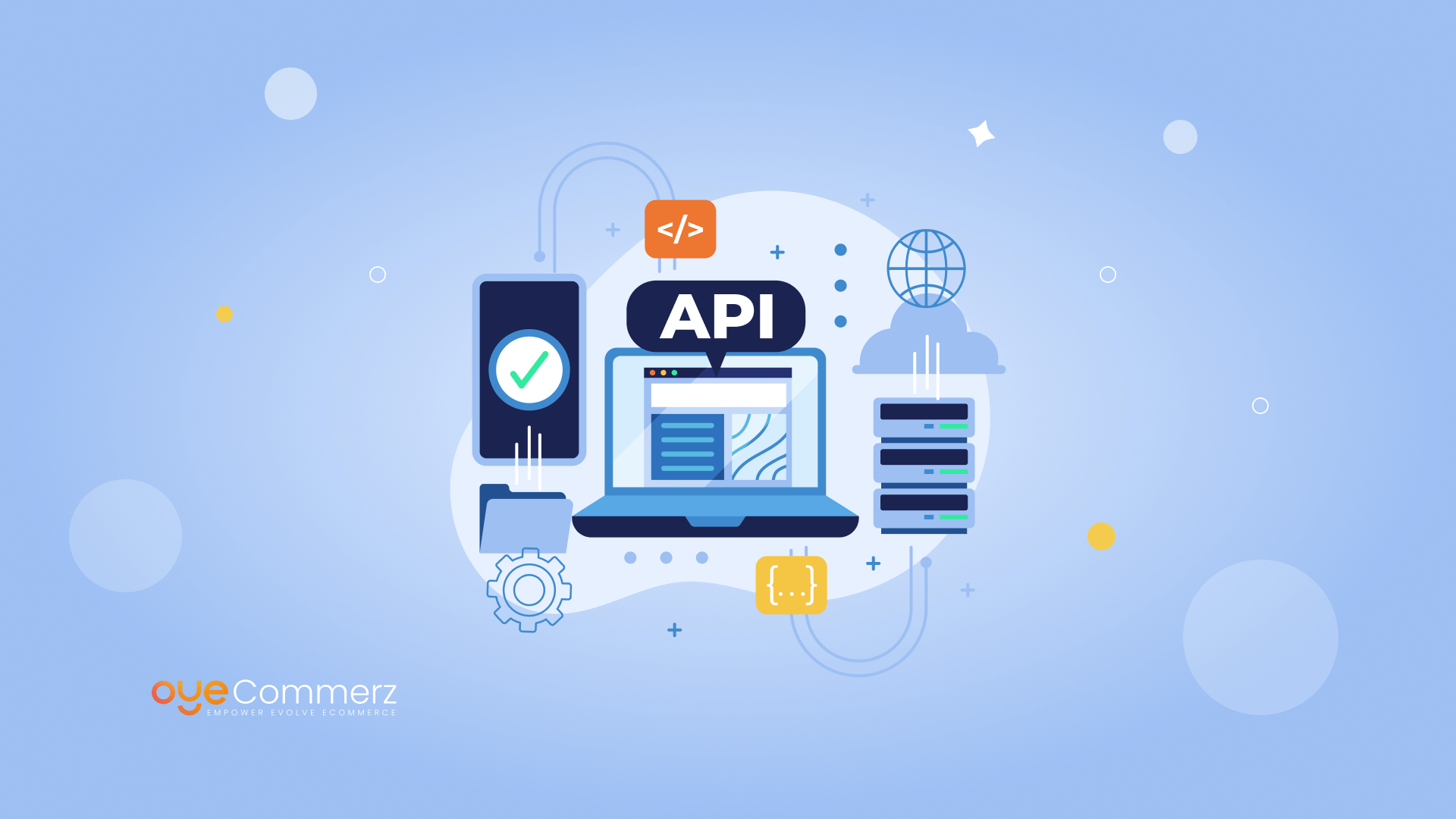Overview
In the current cutthroat e-commerce landscape, differentiating is paramount, and one of the best ways to differentiate a Shopify store is through custom app development. A robust Shopify app can enhance store capabilities, simplify processes, and boost customer interaction. This guide delves into essential aspects of Shopify app development, covering API integration and app ecosystem to growth techniques and digital marketing approaches, providing a roadmap for businesses seeking unmatched store performance.
The Importance of Shopify API Integration
Shopify’s API offers robust tools to personalize and expand store functionalities. With the GraphQL and REST API options, developers can access data to build applications that manage inventory management, order processing, and customer data management smoothly. Using Shopify’s API can lead to better workflow automation and enables stores to assist shoppers more effectively.
Adopting the Polaris Design System
Shopify’s Polaris is Shopify's set of design guidelines for designing intuitive and accessible Shopify apps. By adhering to Polaris guidelines, developers guarantee that apps seamlessly integrate within the Shopify Admin interface. This ensures a cohesive look and feel that appeals to Shopify merchants, promoting usability and familiarity for merchants using your tailored app.
Navigating the Shopify App Ecosystem
The Shopify app ecosystem offers endless possibilities for improving online stores. From managing fulfillment processes to boosting customer interaction, apps in this environment are tailored to meet various business needs. Familiarizing with this ecosystem helps developers in identifying unique app ideas and allows for smooth connections of external tools that add value to the store.
Building Embedded Shopify Apps
Embedded apps integrate directly within the Shopify Admin, providing a smooth interface for merchants. They ensure that merchants don’t Using Polaris for better Shopify apps have to navigate away from their Shopify control panel, simplifying their process. Using Shopify App Bridge and embedded app capabilities is a best E-commerce customer loyalty tools practice for providing a cohesive, well-integrated user environment.
Using Node.js and React for Shopify Apps
Node.js and React have emerged as ideal tools for Shopify app creation. Node.js enables high-performance back-end services, while React enables dynamic, responsive front-end user interfaces. Combined, they provide an excellent platform for building fast, growth-ready Shopify apps that improve store performance and customer interaction.
Utilizing Webhooks in Shopify Development
Webhooks enable instant data synchronization between Shopify and an outside application. They trigger events such as new orders or stock changes and provide immediate notifications to your app. By implementing webhooks, apps can deliver real-time information to store owners, simplifying processes and boosting efficiency.
Engaging Customers Through Digital Marketing for Shopify Apps
To make a Shopify app successful, connecting with users is key. Using online marketing techniques like SEO, email marketing, and social media campaigns can increase app usage. Additionally, designing apps with customer engagement in mind (e.g., loyalty programs or personalized recommendations) increases user loyalty and loyalty.
Making Your Shopify App Scalable
As e-commerce stores expand, so do their technology requirements. Ensuring that your app can manage increased traffic, larger databases, and more complex functionalities is critical. By improving server resources and implementing scalable technologies, you can develop apps that grow in parallel to a store’s success.
Essential Features and Maintenance for Shopify Apps
For an app to be effective, it should offer essential features like user login, analytics dashboard, and customer support options. Ongoing app maintenance, including updates to fix bugs and compatibility checks with new Shopify functionalities, is important to maintain continuous operation and prevent disruptions to business processes.
Conclusion
Custom Shopify app development holds vast potential for e-commerce stores, offering the ability to improve store functionality, streamline processes, and foster customer loyalty. With API integrations and Node.js to focusing on scalability and customer interaction, building a Shopify app involves careful planning and strategic execution. If you’re ready to elevate your e-commerce experience, a custom Shopify app may be the perfect solution. What capabilities do you envision for your ideal app? Share your thoughts and take the first step toward an enhanced e-commerce journey!
